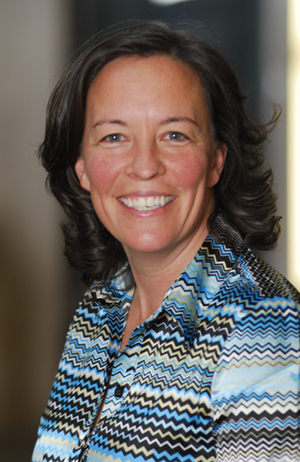Discrimination and harassment complaints against members of the legal profession hit a record high in the first half of 2010, a spike Law Society of Upper Canada benchers are calling “disturbing.”

In her latest report, LSUC discrimination and harassment counsel Cynthia Petersen recorded 40 complaints against lawyers, law students, and paralegals, the most in any six-month period since the program’s inception in 1999.
In 2007, there were just 35 complaints during the whole year. That number rose to 43 in 2008 and went up again to 66 complaints in 2009.
In presenting the latest report to Convocation, equity and aboriginal issues committee chairwoman Janet Minor said she couldn’t offer any explanation for the rise.
“It’s a bit dispiriting to be aware that rather than going down based on education, awareness, and otherwise good intentions, that these complaints seem to be not only continuing, but increasing, and it’s certainly an area where we need to be vigilant and try and do whatever we can to reduce them.”
Several benchers expressed concern about the trend, including Paul Schabas, who called on the law society to disseminate the “disturbing information” more widely than just Convocation.
“It would seem to me that when we get this kind of information, which is troubling, that it's something that we ought to make the membership aware of as well,” he said.
Most of the complaints, just over half of which alleged discrimination on the basis of sex, were from women. One was from a lawyer who complained her employment was terminated when she announced plans to take maternity leave.
In another case, a closeted gay male litigant reported that opposing counsel had maliciously outed him in order to intimidate him. Other complaints alleged discrimination on the basis of race, disability, and age.
Despite the statistics, Petersen tells Law Times she isn’t worried about them. “On the contrary, I actually think it’s a good sign because I don’t think it’s an indication of increased discrimination and harassment by lawyers,” she says. “I think it shows a greater confidence in the program, awareness of the program, and willingness to use it, which I think is a good sign.”
According to Petersen, the law society’s equity department promotes the program during continuing legal education courses, and her office has participated in workshops for law firms and information sessions at university law faculties.
All of those efforts have helped raise its profile in the eyes of the profession, she notes.
Petersen’s office accepts anonymous complaints and gives advice to people who feel they’ve suffered discrimination by lawyers, paralegals or law students. Although it receives its funding from the law society, it operates independently from it.
Sixty per cent of the complaints came from other members of the bar, a fact that supports Petersen’s suspicions about greater awareness among lawyers. During the last seven years, legal professionals reported only 43 per cent of the complaints, compared to 57 per cent from members of the public.
“People are feeling more empowered to assert their rights when something happens to them, whereas previously they might have felt insecure about confronting the issue or doing something about it,” Petersen says.
That’s particularly true of law students, who are often reluctant to complain about a more senior member of the bar for fear it may affect their career prospects. Eight students made complaints in this six-month period, another record high.
Petersen discusses complainants’ options with them and points them in the direction of the most suitable forum to advance their concerns. Sometimes, that means making an application to the Human Rights Tribunal of Ontario.
In other cases, there are internal processes at workplaces to deal with the issue. In addition, Petersen can step in to mediate if the complainant wishes.
“I can do very formal mediations where I facilitate a dialogue between parties, sometimes with their own lawyers present,” she says. “Other times, I can just make an informal intervention.
I call people and make sure each person understands the other’s perspective. Sometimes an apology is forthcoming and that’s enough to resolve the matter.”
Petersen’s office also offers advice to people who anticipate a potential instance of discrimination. People with disabilities, for example, sometimes call for guidance on how to disclose their status, while others want to know whether they have to tell prospective employers about a pregnancy.
For her part, Petersen says she’s happy to act as a sounding board for lawyers worried about discrimination. “Even lawyers sometimes aren’t aware of what their rights are in the circumstances. I give them information so they can make informed choices.”

 In her latest report, LSUC discrimination and harassment counsel Cynthia Petersen recorded 40 complaints against lawyers, law students, and paralegals, the most in any six-month period since the program’s inception in 1999.
In her latest report, LSUC discrimination and harassment counsel Cynthia Petersen recorded 40 complaints against lawyers, law students, and paralegals, the most in any six-month period since the program’s inception in 1999.